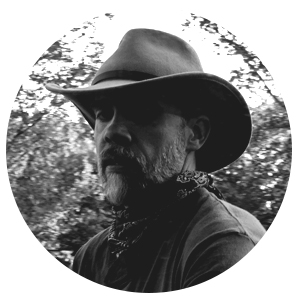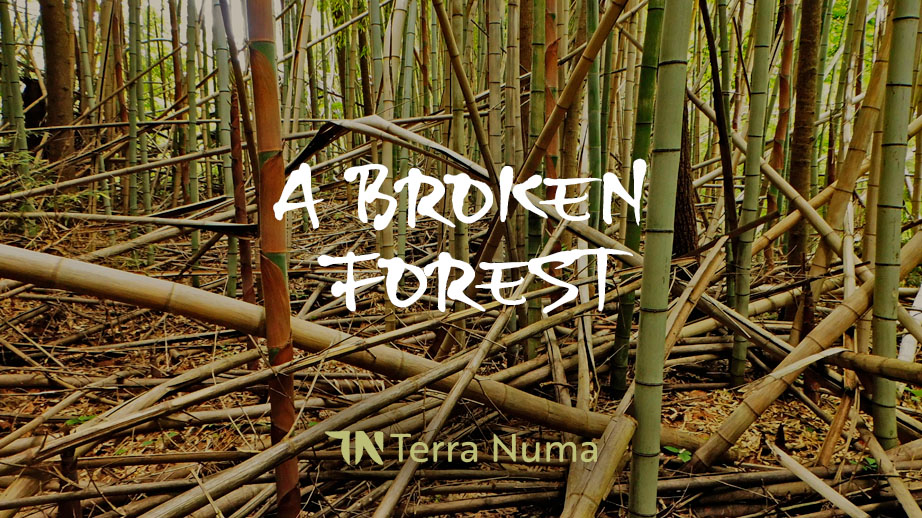Note: This is a reflection on brokenness and the seeming impassible seasons we find ourselves in – either through our poor choices, or through no fault of our own. It may be depression, it may be addiction, it may be grief, or betrayal, or injury, or despair, or injustice, or pain of many kinds. But as the ancient psalmist said: “You keep track of all my sorrows. You have collected all my tears in your bottle. You have recorded each one in your book.” (Psalm 56:8) God walks with us even when He leaves no footprints and speaks no words of comfort to us.
The hot Saturday sun shone down. We followed the faded dirt road, overtaken with grass the further it went. This was not a well worn path. We had arrived like refugees late at night almost a month ago. Homeless? Houseless? Inbetween stable housing? I had no language for it. It was some form of failure or maybe just a convergence of too many things not lining up. Our search for long term housing and a farm to base our ministry turned into a scramble for short term housing – but nothing was panning out. It’s a long story, but we were taking refuge in the kindness of new friends, grateful for their hospitality.
Two of my sons were begging to find a rumored bamboo forest at the back of the forty acres. The path wound down under a canopy of trees and the cooler forest air brought some relief from the heat of the day. A gate stood, closed and locked across the grassy road. We turned leftward off the path, descending down towards the creek, the tall grass brushing our legs.
We bounded downward toward the edge of the creek onto large rocks, the water low but still flowing beneath us. We had to jump to the higher bank. More tall grass met us as we ascended to find a still pond before us – frogs, unseen, chirupped here and there. Off to the left the bamboo forest breathed in silence. Even from a distance it felt mythical. We walked as if on pilgrimage to a hidden temple. As we entered it was clear this was a wild space, untouched by human effort or order. There was no defined path. Fallen bamboo laid crossways among the tall straight bamboo. The dead mixed with the living. The dead bamboo was a tan color, some of it brittle and twisted, gnarled, or completely broken. The living bamboo was varying degrees of green, some of it impressively large in diameter, the biggest I had ever seen. New growth was skinny but dramatically tall and wore almost a fuzzy coating of enfolding sheathes.
We slowly climbed through the living and the broken bamboo. We stepped over a deep hole – a den of some kind, maybe a fox. I was struck by the muffled silence all around, bamboo leaves covering the ground. I paused, hesitant to press in. My two boys, ages ten and fifteen, eagerly proceeded – undaunted. We were now explorers on a mission to uncover the secrets of this broken forest.
They started to disappear among the bamboo and I felt a slight panic, not wanting to be left behind. The silence, the wildness, the brokenness, and the height of the bamboo all combined in my senses. “Should we be here?” I thought. It felt almost sacred – the feeling you get in a cathedral where some unseen priest or monk is off praying behind the scenes. As we went deeper in, the thickness of the bamboo slowed our movement. We had to pause, calculate our next step, and gingerly climb through. It began to feel impossible, many parts impassible, and yet we had to pass through.
Our weight on the fallen bamboo broke the sacred silence with crunching and cracking. We cracked on, careful to not be impaled by the compounding brokenness. A few times I felt like giving up. And then I stood among that broken forest and knew why it felt so mythic, so sacred, so unearthly. This was an outward display of my inner world. The inner and outer echoing in an exact reflection.
We threaded our way among the bamboo and finally found the other edge which opened to a bend in the creek. This was a place to sit, think, pray. The tree branches hung low and it felt enclosed, almost like a room. The creek smoothly bubbled along among sandbanks and rockbeds. We traversed the creek like any good explorers would and remained there until I felt our time was spent – the world of human order and habitation beckoning us back from this wild space. But there was no way to follow the creek out, which would be the easiest thing to do. We would have to re-enter the bamboo forest. In a flight into fantasy I considered maybe it wasn’t necessary to leave. Maybe we could just stay and live here by this peaceful creek – a modern day Swiss Family Robinson.
I did not want to re-renter the bamboo but we did. Methodically, slowly, we entered back in. The bamboo now felt threatening, hostile, no longer tolerant of our heavy presence. There seemed to be no way out – or at least no good way out. But we had to make a way. I followed my sons as they lead. I mimicked their moves. I patterned my path after theirs, climbing through the wreckage, careful not to be sliced up by the deadwood. Eventually we found our way back to the fox’s den and out of the bamboo where we had entered – then the pond and across the creek again, up the ravine where we had first descended. In the end we walked into the house, not our own, and felt the kindness there. My own brokenness silently rang out, the deadwood laying scattered among the new growth.
-JDF, Bedford, Virginia

Jason Fowler
Terra Numa co-founder
Jason and his wife Pam have been experimenting with church planting, house church, intentional community, and living a whole-life Christian faith for over two decades. Husband and father of seven, he is an artist, agrarian, and storyteller at heart. The Fowlers live and work in Bedford County, Virginia plotting a course to establishing Terra Numa Farm and Retreat. If failure could be a credential he would be a PhD.
You can reach him at:


Jason what a story you paint, I hope you and Pam are well and by this time found a place to plant your family! Prayers, hugs and best wishes, Kayleigh’s mom⚓️Jayne
Hi Jayne, great to hear from you! This blog post is fresh from my heart this week – and all details are current. Thank you for the prayers, we need it!
Big Brother, you are brave and real. It will all come together in time. I believe in you.
Thank you for the encouragement Amy!